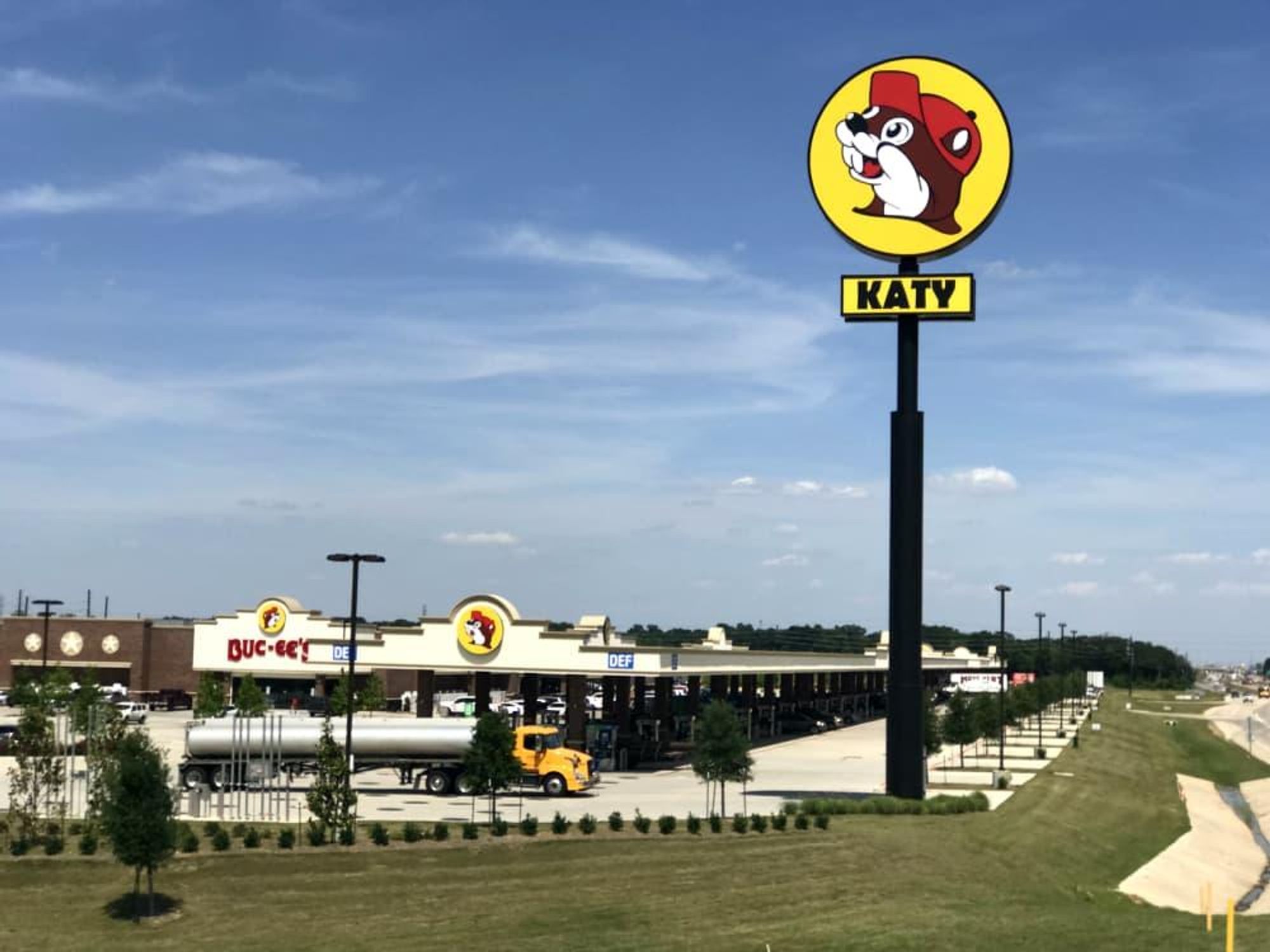The estate of Dr. William A. Gibson has granted the University of Houston a $2.6 million gift to support and expand its opioid addiction research, including the development of a fentanyl vaccine that could block the drug's ability to enter the brain.
The gift builds upon a previous donation from the Gibson estate that honored the scientist’s late son Michael, who died from drug addiction in 2019. The original donation established the Michael C. Gibson Addiction Research Program in UH's department of psychology. The latest donation will establish the Michael Conner Gibson Endowed Professorship in Psychology and the Michael Conner Gibson Research Endowment in the College of Liberal Arts and Social Sciences.
“This incredibly generous gift will accelerate UH’s addiction research program and advance new approaches to treatment,” Daniel O’Connor, dean of the College of Liberal Arts and Social Sciences, said in a news release.
The Michael C. Gibson Addiction Research Program is led by UH professor of psychology Therese Kosten and Colin Haile, a founding member of the UH Drug Discovery Institute. Currently, the program produces high-profile drug research, including the fentanyl vaccine.
According to UH, the vaccine can eliminate the drug’s “high” and could have major implications for the nation’s opioid epidemic, as research reveals Opioid Use Disorder (OUD) is treatable.
The endowed professorship is combined with a one-to-one match from the Aspire Fund Challenge, a $50 million grant program established in 2019 by an anonymous donor. UH says the program has helped the university increase its number of endowed chairs and professorships, including this new position in the department of psychology.
“Our future discoveries will forever honor the memory of Michael Conner Gibson and the Gibson family,” O’Connor added in the release. “And I expect that the work supported by these endowments will eventually save many thousands of lives.”
----
This story originally was published on our sister site, InnovationMap.

